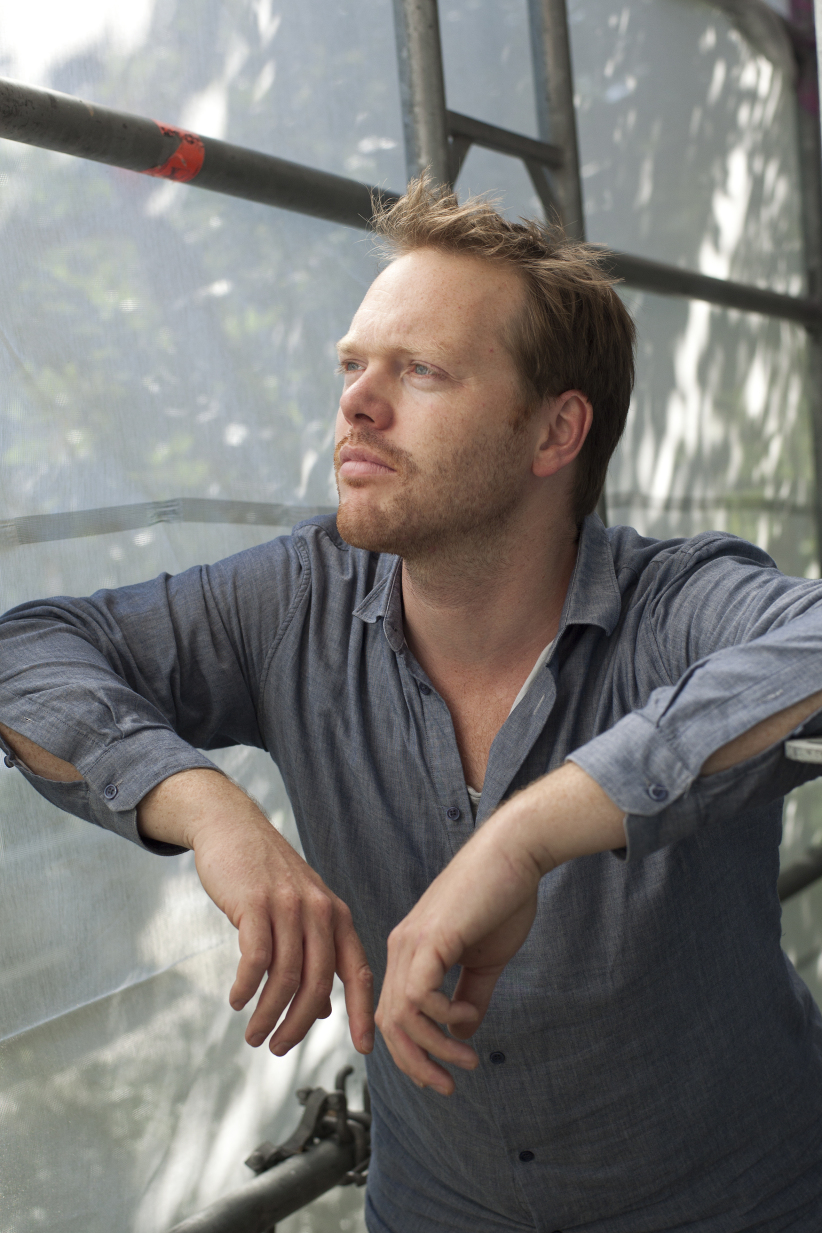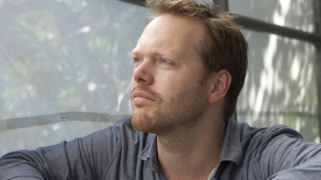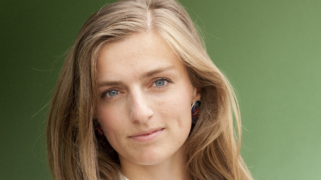Democratisation of research focus cannot go without knowledge base
There has been substantial interest in engaging a broad audience in scientific practice as of recently. More and more, ‘ordinary citizens’ are being involved in scientific research. Think of digitisation of audiovisual archives (The Zooniverse++ZooniverseThe Zooniverse is the world’s largest and most popular platform for people-powered research, which is made possible by hundreds of thousands of people around the world who come together to assist professional researchers. Zooniverse research results in new discoveries, datasets useful to the wider research community, and many publications.), citizen science air quality monitoring projects or finding extraterrestrial life ++SETI@HomeSETI@Home (SETI = Search for Extraterrestrial Intelligence) is perhaps one of the longest running citizen science projects. It’s an old example of distributed computing (i.e. it makes use of people’s home computer’s processor time that would otherwise be unused) that has been running since 1999. As of yet, no clear signs of alien life have been found through SETI.. Dutch ‘citizen scientists’ even have a platform (link in Dutch) on which their altruism (or lack of it?) can run free.
It does not end there. The Dutch National Science Agenda (Nationale Wetenschapsagenda, link in Dutch) is an attempt to enable the Dutch to ask questions that would be answered by scientists. Read the (in my opinion spot-on) critique by former colleague Marlieke Kieboom (link in Dutch). In her piece, she refers to Dutch sociologist Willem Schinkel’s plea for reform of The Netherlands Organisation for Scientific Research (NWO), whose main task is to fund scientific research at public research institutions, into an organisation for ‘social programming of research’.
The call for more public participation in the scientific research agenda now comes from the European scientific community, who has convened in an October Science|Business conference. “The suggestion is to give people a greater say in EU spending,” says Robert Madelin, former director-general of DG Connect++DG ConnectThe European Directorate General for Communications Networks, Content and Technology (DG Connect) is a European Commission directorate dedicated to supporting the development of ICT in European countries.. His plea is to enable the “general public” to decide to which research 10 percent of the total European research funds (about 770 million euros) should be designated. The proposed construction is a ‘participatory budget scheme’, in which taxpayers in member states are invited to submit proposals to the European Commission. “For instance, someone who thinks that the EU has been underfunding artificial intelligence research could vote to allocate double the proposed amount for such programmes,” clarifies Madelin.
An important question is how this voting should happen and in which way the democratisation of research funding is achieved. How do taxpayers get access to the necessary knowledge to come to an informed choice? Science|Business nor the European Commission distinguish themselves with their clear-cut communication, which gives rise to concerns when it comes to complex technical and scientific knowledge. Scientific knowledge is generally relatively inaccessible and intimidating to lay public (which will constitute at least part of Madelin’s target group).
If you ask me, democratisation of science is in principle a good thing, but it is an empty gesture if not simultaneously supported by explicit ideas on how you will inform and involve your target audience. That is now completely lacking in the proposed construction – which implies an opportunity! If you want the audience to engage with something as complicated as scientific research++ResearchThere is a peer-reviewed scientific research that is specifically based on this view: Public Understanding of Science. funding and you are serious about following up on the outcomes, you will have to actively inform the public and enable it to rely on at least basic knowledge of the matters.





